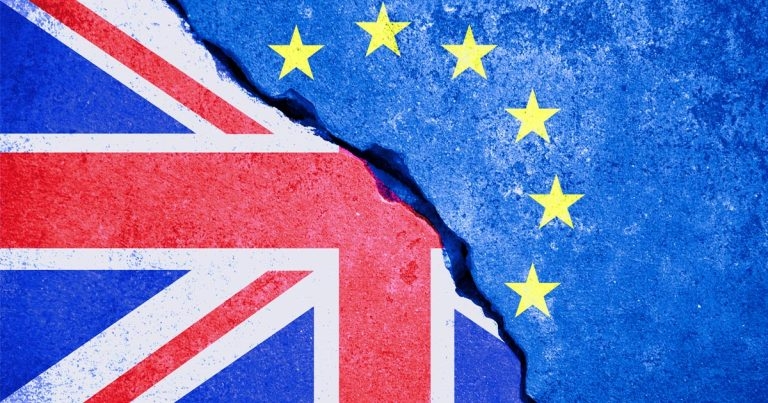23 Feb 2022
Association highlights a “storm of shortages”, in part due to post-Brexit end to free movement and impact of pandemic, that could have wide-ranging knock-on impacts across the sector.

Image © donfiore / Adobe Stock
A two-thirds drop in EU vet registrants and 1,255% rise in demand for animal health certificates is creating a “storm of shortages” in the workforce that could have wide-ranging impacts for the animal health sector.
Citing data released by the RCVS, the BVA is concerned that the number of registrants coming to work in the UK has fallen by 68% – from 1,132 in 2019 to 364 in 2021.
The association said the new figures sit uneasily against separate statistics showing the demand for veterinary certification of animal products for export has rocketed post-Brexit.
Data from the UK’s Animal and Plant Agency (APHA) suggests a 1,255% rise in applications from vets for food-related export health certificates, from a total of 22,990 in 2020 to 288,558 in 2021.
The BVA said the end of free movement post-Brexit and impacts from the COVID-19 pandemic have contributed to problems. Around 90% of those working in OV-type roles have historically come from EU countries.
Meanwhile, the UK veterinary profession has remained highly reliant as a whole on EU registrants, with 29% of the total workforce in 2021 having graduated in the EU. Nearly half (48%) of all new registrants in 2019 graduated from EU vet schools, compared to 42% graduating in the UK and 10% in other countries around the world.
James Russell, BVA senior vice-president, said: “The nosedive in EU registrants since Brexit, coupled with soaring demand for veterinary certification, is creating a storm of shortages in the profession.
“It’s absolutely critical that vets get as much support as possible to keep on top of workloads and navigate continued challenges ahead.
“We know that the Government is alive to the situation, and measures such as more vet school places and better digitisation of the certification process will help to relieve some pressures in the long term. Vets are working incredibly hard, but it’s an uphill struggle to comfortably cover all the work currently required.”
Mr Russell added: ”Moving some vets around to plug the gaps is just robbing Peter to pay Paul, as it can lead to issues with backfilling roles in other areas which desperately need to keep staffing levels up, such as large animal work.
“The potential consequences are worrying. If we can’t find long-term solutions to veterinary workforce shortages, we will see impacts on animal welfare, public health and international trade.”